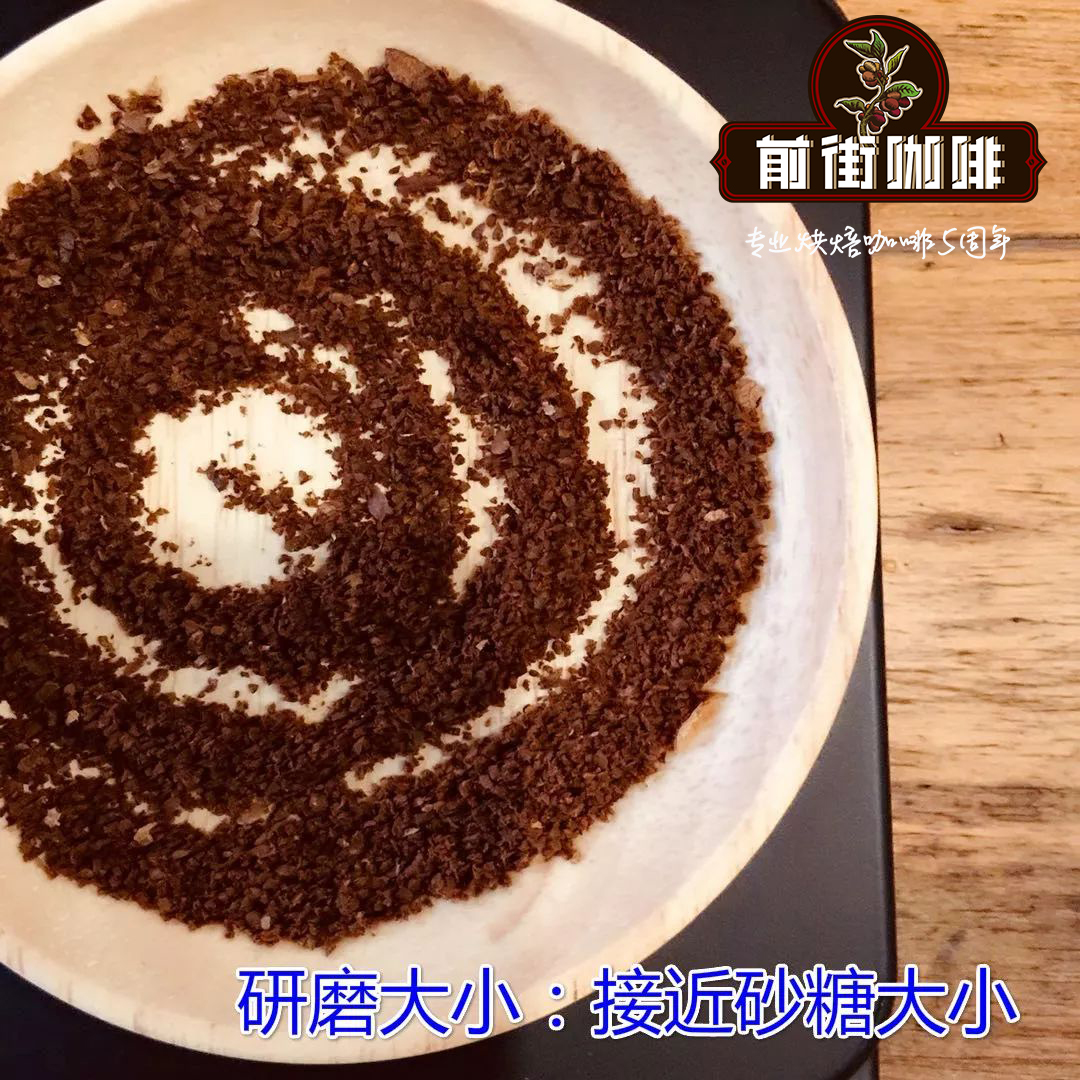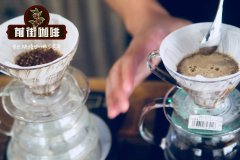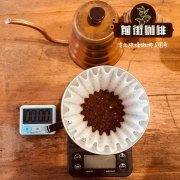Malawi winning bid for Rose Summer batch _ Mzuzu Muzhu Cooperative Endev Rose Summer Coffee beans

Professional coffee knowledge exchange More coffee bean information Please pay attention to coffee workshop (Weixin Official Accounts cafe_style)
Runner-up bidding batch
Malawi South Mzuzu Geisha AB Ndevu (Second Place)
Malawi Coffee Muzhuzhu Cooperative Endef Guixia Geisha AB runner-up batch
Dry aromas of grapefruit, citrus, plum, blackberry, almond and flower. On the palate, citrus, orange peel, blackberry, blackcurrant, plum, with floral aromas reminiscent of coffee flowers, clean, solid flavor.
Malawi probably introduced coffee in the late 19th century. One such account is that a Scottish missionary named John Buchnan brought a coffee tree from Edinburgh Botanic Gardens in 1878. Initially rooted in the Blantyre district of southern Malawi, coffee production reached 1000 tons by 1900.
Although Malawi's coffee production initially performed well, it soon collapsed due to poor soil, pest management and control, and the rise of Brazilian coffee, which made Malawi uncompetitive.
At the beginning of the 20th century, large coffee plantations were rarely owned by Africans because Malawi was a British colony at the time. However, the trend towards co-operatives began in 1946, and coffee production increased significantly by the 1950s. Even though the prospects were promising, the co-operative collapsed in 1971 for political reasons. Malawi coffee production peaked in the 1990s at 7000 tonnes a year and has since dwindled to 1500 tonnes a year.
Even though it is landlocked, Malawi has a strong agricultural export economy. In the case of coffee, one reason may be that there is less government intervention in exports, allowing direct contact between sellers and buyers. But quality has not long been a priority in Malawi. Coffee grades are only Grader1 and Grader2, but in recent years there has been a trend towards a similar AA grading system commonly used in Africa.
Malawi coffee varieties are polarized. Many of the most popular summer rose varieties in Central America are grown in the region, and disease-resistant catimor is also widespread, although usually of poor quality.
Coffee in southern Malawi is usually grown as large-scale commercial plantations, while in central and northern Malawi it is grown by small-scale coffee farmers. Coffee may thus be able to trace back to smallholder farmers or specific producer groups. In general, both are likely to produce excellent coffee.
END
Important Notice :
前街咖啡 FrontStreet Coffee has moved to new addredd:
FrontStreet Coffee Address: 315,Donghua East Road,GuangZhou
Tel:020 38364473
- Prev

Malawi rare varieties Agaro coffee beans flavor characteristics_Malawi boutique coffee beans recommended
Professional coffee knowledge exchange More coffee bean information Please pay attention to coffee workshop (Weixin Official Accounts cafe_style) Malawi coffee rare varieties Agaro Sunlight Boutique Coffee Bean 217 Africa Malawi Agaro Natural Malawi rare varieties Agaro Sunlight Flavor Description: Dark berry, black currant, orange, apple, cake sweet, soft acidity, thick Body
- Next

Introduction to the legendary story of Muzhu Cooperative, the most famous coffee cooperative in Malawi
Professional coffee knowledge exchange more coffee bean information please follow coffee workshop (Wechat official account cafe_style) Malawi coffee award winning bidding batch Malawi South Mzuzu Geisha AA Chinthembwe (Third Place) Malawian Muzhu cooperative Qilan Buwei rose geisha AA third runner-up sip entrance you can feel fresh blackcurrant
Related
- Does Rose Summer choose Blue, Green or Red? Detailed explanation of Rose Summer Coffee plots and Classification in Panamanian Jade Manor
- What is the difference between the origin, producing area, processing plant, cooperative and manor of coffee beans?
- How fine does the espresso powder fit? how to grind the espresso?
- Sca coffee roasting degree color card coffee roasting degree 8 roasting color values what do you mean?
- The practice of lattes: how to make lattes at home
- Introduction to Indonesian Fine Coffee beans-- Java Coffee producing area of Indonesian Arabica Coffee
- How much will the flavor of light and medium roasted rose summer be expressed? What baking level is rose summer suitable for?
- Introduction to the characteristics of washing, sun-drying or wet-planing coffee commonly used in Mantenin, Indonesia
- Price characteristics of Arabica Coffee Bean Starbucks introduction to Manning Coffee Bean Taste producing area Variety Manor
- What is the authentic Yega flavor? What are the flavor characteristics of the really excellent Yejasuffi coffee beans?

